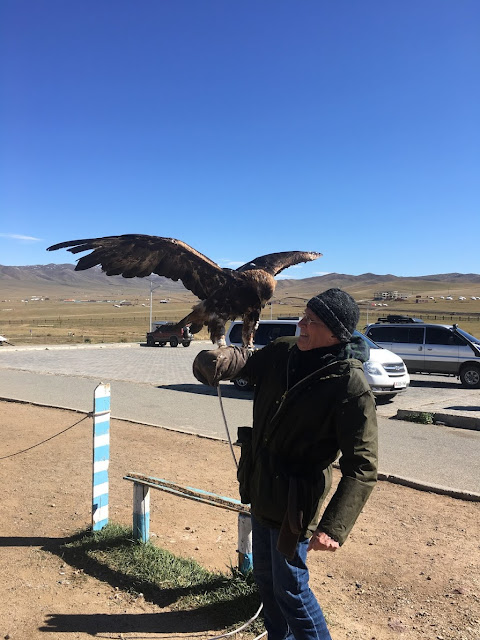I didn't take this photo, but I could have!
Kazaks living outside of Almaty and Astana, their two largest cities, often live on the steppe, that vast wasteland, and trade route between Europe and Asia.
Here, life is hard, but life is real. The people respect each other and support each other, there are no fences. On the steppe, there are no police, no courts, no lawyers. These people take care of their own, both good and bad. Disputes are settled on the spot.
Once I was visiting a cotton farmer on the steppe, I asked him about lawlessness on this vast land far from the authority of cities? His toothless grin preceded a story about a horse-thief. On the steppe animals range free, the horses, sheep, goats, yaks, and camels wander miles from the farm but always find their way back to water and feed. There are no branding irons, farmers know their stock, even when there are hundreds or thousands of them. When a thief is caught there is negotiation, usually an exchange of another animal, or a rug. If the thief is destitute, he is invited back to the owner's farm and given a meal and lodging. This is Kazakhstan justice.
I was invited to hold an eagle on my arm. The Kazakhs hunt on horseback with eagles, their national bird. These birds can weigh up to 50 lbs, imagine riding a horse at full gallop with a 50 lb eagle on your arm. Women, as well as men, do this, like falconry in Saudi Arabia, where it's a national pastime with annual competitions.
I experienced things and met people in Kazakhstan like no other place on earth, it was an education in extremis, seeing, hearing, doing. You can't buy this.
Next stop Montenegro.



Comments
Post a Comment